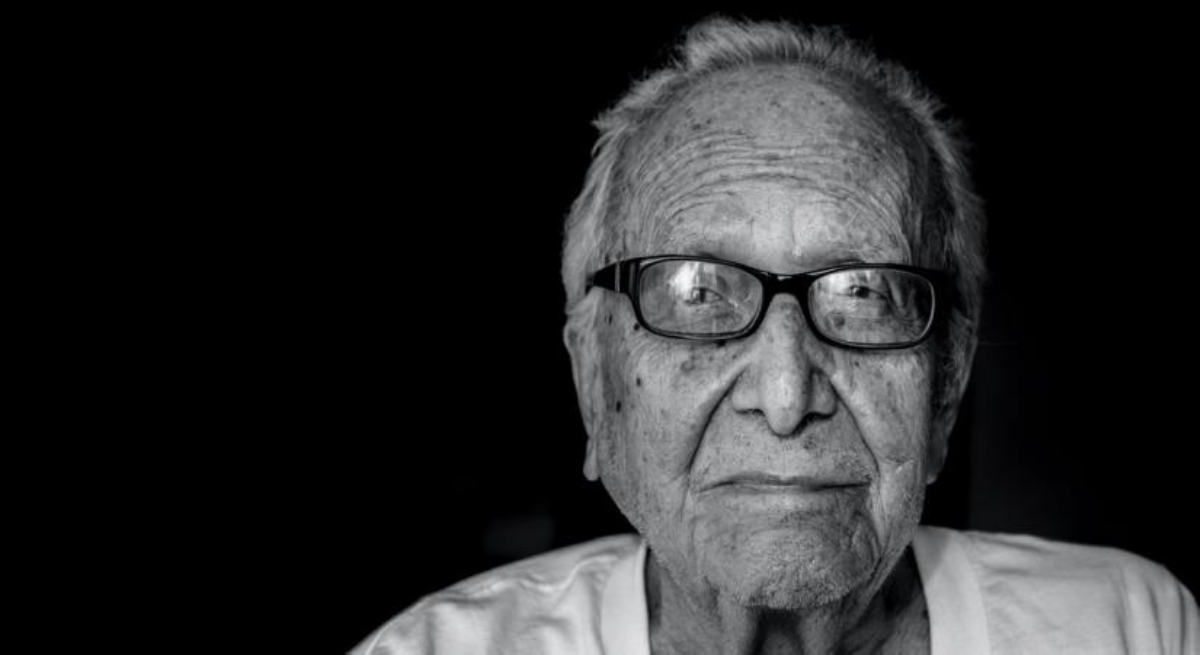Loneliness is a global phenomenon. As per a report, in the USA, more than one-third of adults above 45 years of age feel lonely, and nearly one-fourth of the elderly above 65 years are considered to be socially isolated. In India, over 40 million elderlies are aged 70 years and above. As the population in India ages, more and more seniors will be at risk for concerns related to mental health and social well being, believes Neha Sinha, Dementia Specialist and CEO and Co-Founder of Epoch Elder Care.
Very often we see the terms loneliness and depression interchangeably used especially in the context of the elderly. When an elderly is quiet, or does not share or talk, it is written off as depression. It’s important to understand what Clinical Depression actually is.
Advertisement
Depression is a mental health disorder and much more than just ‘low mood’- it is also the continued feeling of hopelessness over weeks combined with lack of sleep and appetite. There are many causes of clinical depression and it could be a combination of social, psychological and biological factors. If you are clinically depressed, you may have all like- minded friends in front of you, but you will still not want to talk to them.
Depression is biological in nature and often needs medication. Loneliness, on the other hand, is the feeling of not ‘being connected’ and lack of affection in current relationships. Loneliness is an important indicator of social well being and feeling isolated.
Unfortunately, loneliness is even seen as a ‘hallmark’ of ageing. It is never caused because of a single reason but an array of multiple factors. A death of a loved one (spouse, friends, and worst, at times, even one’s own child), restricted mobility preventing elders from stepping outside and chronic illnesses leading to poor quality of life are circumstances seen commonly. In addition, slow processing of information, technological inadequacy, or reduced sight and hearing do play a role as well. In the year of the pandemic, social distancing and lockdown due to Covid-19, adversely impacted the elderly worldwide, said Neha Sinha.
Loneliness puts elders at risk of dementia, heart disease or stroke, clinical depression, suicidal thoughts and an overall feeling of a purposeless and meaningless life. It leads to serious health-related consequences and at times can also be fatal.
Humans are social by nature, and a social ecosystem is a key element to help improve the quality of life of elders. Being able to talk about one’s stories, sharing moments and occasions with friends and family and feeling ‘wanted’, give a sense of purpose to any individual, shares the expert.
Ironically, many elders who continue to stay under the same roof as family members may still be lonely. It is not about sharing physical space but more about making elders a part of our mental space. Concern and conversations need to go beyond medical check ups and physical health but instead need to remember the people behind these wrinkled faces. Who are they, what is their sense of identity, what defines meaningful living for them.
Companionship is one of the most sought-after things as we age, much more than accumulated wealth and fame. Being part of a community is another such thing. Be it seeking company in the neighborhood club, a spiritual group or simply staying in a residential community or care home- each plays a critical role in the wellbeing of an elder.
Technology will continue to play a role in elder care, including managing loneliness. A recent study in 2020 in the UK has shown that robots are found to assist humans in improving mental health and loneliness in older people. Though technology is an aid, it is the little things that we can do that count to help fight this disease of loneliness, concluded Sinha.











